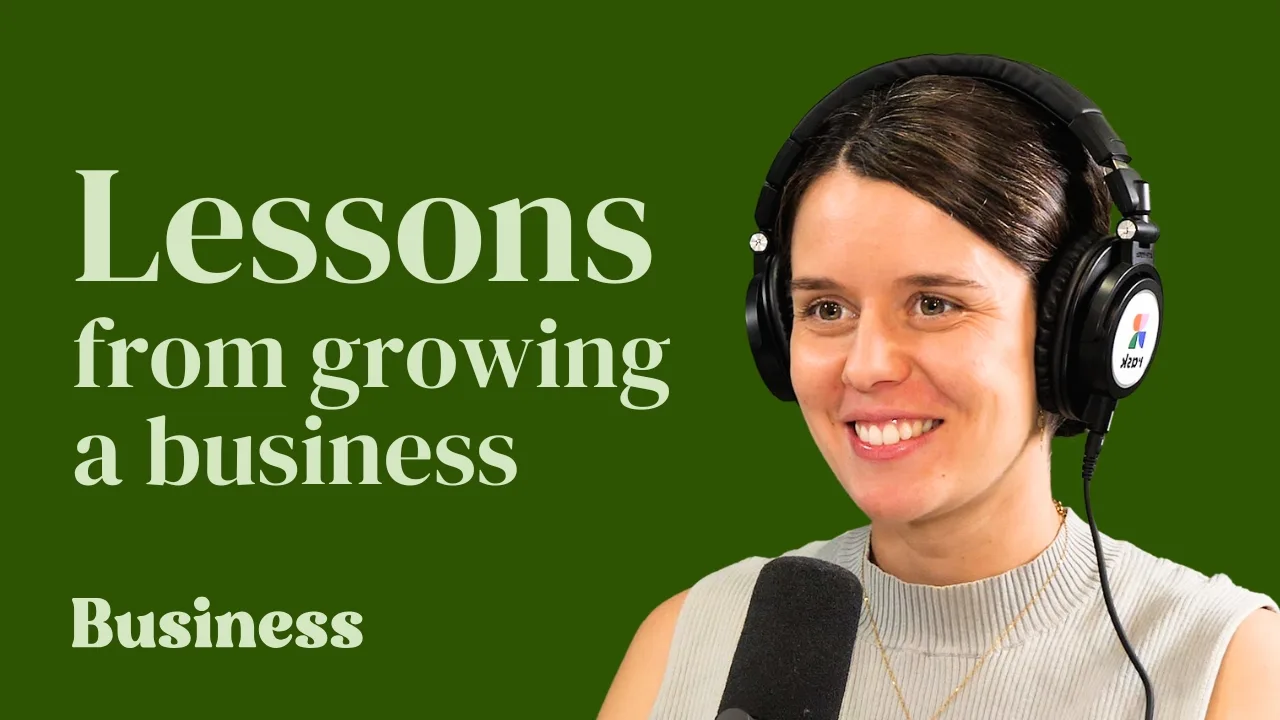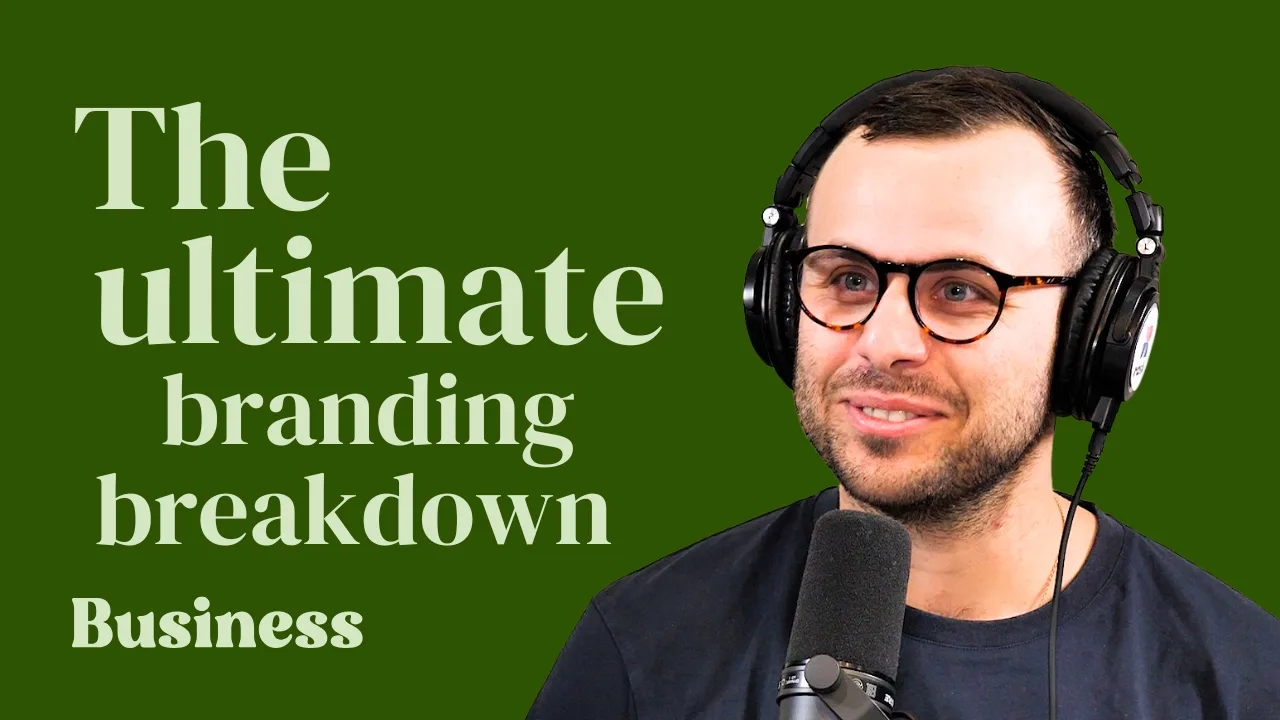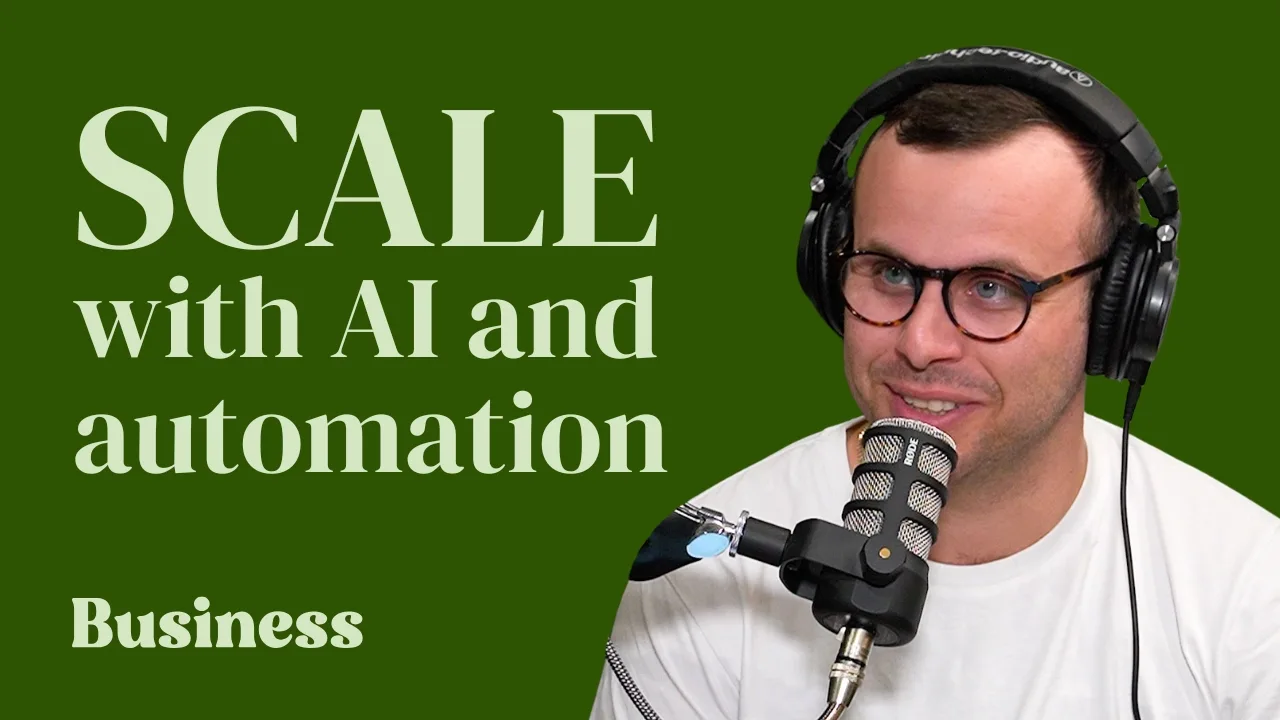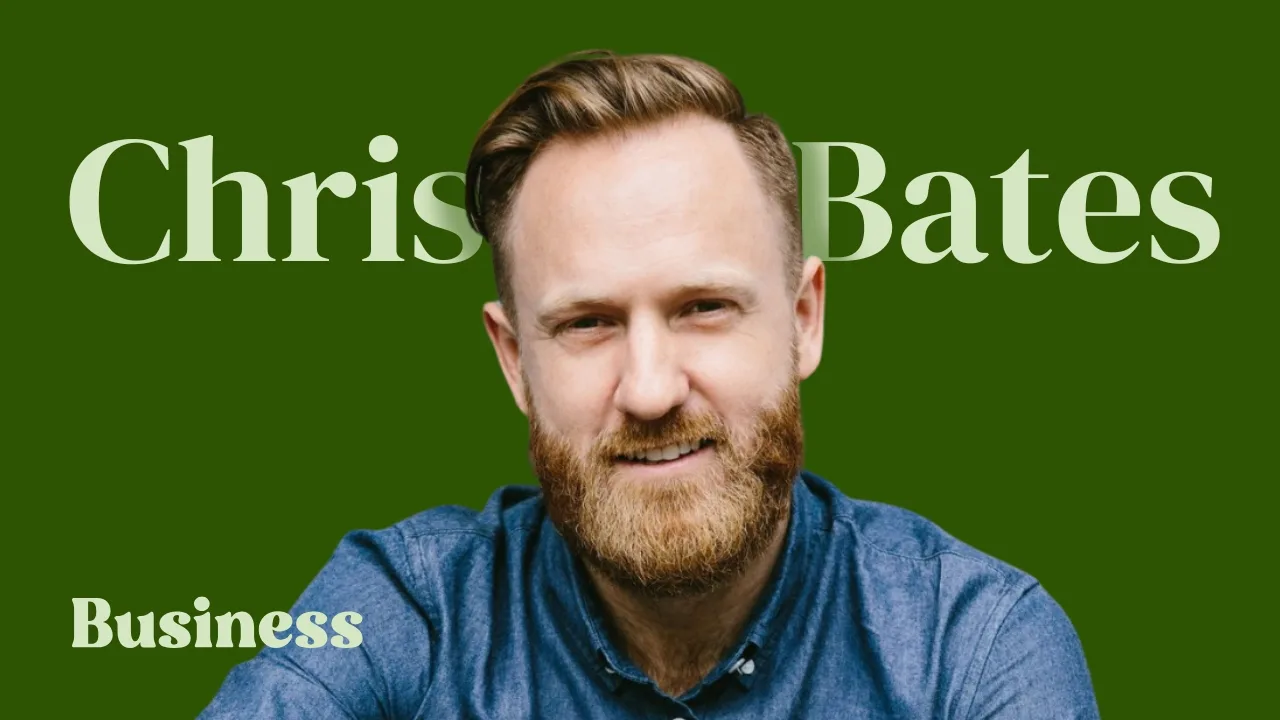David Hornery is the co-founder and a director of the ASX-listed Judo Bank (ASX: JDO). In this episode of The Australian Business Podcast, I — Owen Rask — was thrilled to go over many of his lessons learned, the trials and tribulations of starting, growing, listing (on the ASX) and overseeing a multi-billion ‘start up’ bank.
Judo is a bank that focuses solely on small and medium business owners, providing a ‘real world’ take on banking and loans for small businesses.
David, along with his co-founder (and current Judo CEO), Joseph Healy, recently wrote a great book on their journey, with so many fantastic lessons for business builders and entrepreneurs.
Joseph will appear in PART 2 on The Australain Business Podcast this Sunday (May 7th).
David Horney business podcast talking points
Can you describe the genesis of Judo Bank, beginning with the original idea (which I believe came from a regular pub catch-up) and how the accumulated frustrations led you to take the risk of starting Judo Bank in the Australian market?
- Note: Many of our businesses are small businesses. Can you describe the challenge that so many businesses go through to find a reliable and trustworthy bank to support their needs?
- The emotional side of banking and why you yearned to foster that, etc.
I’m also keen to know how you, personally, made the decision to risk an established career in banking to start a challenger brand?
- Maybe we can touch on ageism and start-ups here.
What type of information gathering did you do in the early days?
- Did you identify X-number of major hurdles to overcome?
Based on the your information gathering, how did you craft a business plan that met regulators, investors, customers, employees and your needs? Oftentimes this is the most challenging first step for small businesses.
Cultural aspects
Can you contrast the unique cultural aspects of Judo versus major banks? What would a SME specialist expect to find if they stepped out of, say, NAB or CBA and into Judo?
- How much of this was deliberate and not?
Banking and finance contains an array of complex compliance and regulatory considerations, yet you seemed to have built a business that embraces it and challenges powerful incumbants. How did you overcome traditional ways of banking while instiling a sense of action and trust with your teams?
- Bias for action
- Measure twice, cut once (I remember this from doing my renovation)
- “A sense of purpose, committed to a social contract.”
- 2019 named LinkedIn’s Best Start Up to work for, according to LinkedIn’s Top Startup list.
- 3hr exam
- Incentive structures you pursued at different levels of the organisation
Judo’s 4Cs of risk assessment: Character, capacity (to repay debt), capital (what they build), collateral. How much of your time as a co-founding team went into these processes and frameworks before launching, and how did think these building these for your team to execute?
Leadership
What defines a great leader, in your opinion?
- How does that differ to a great manager?
A lot of our listeners are co-founders or business partners. I’m sure some work wonderfully while others make it work. In your team, at the beginning and today, how did you think about the roles the leadership team should take within the business, and how do you resolve differences?
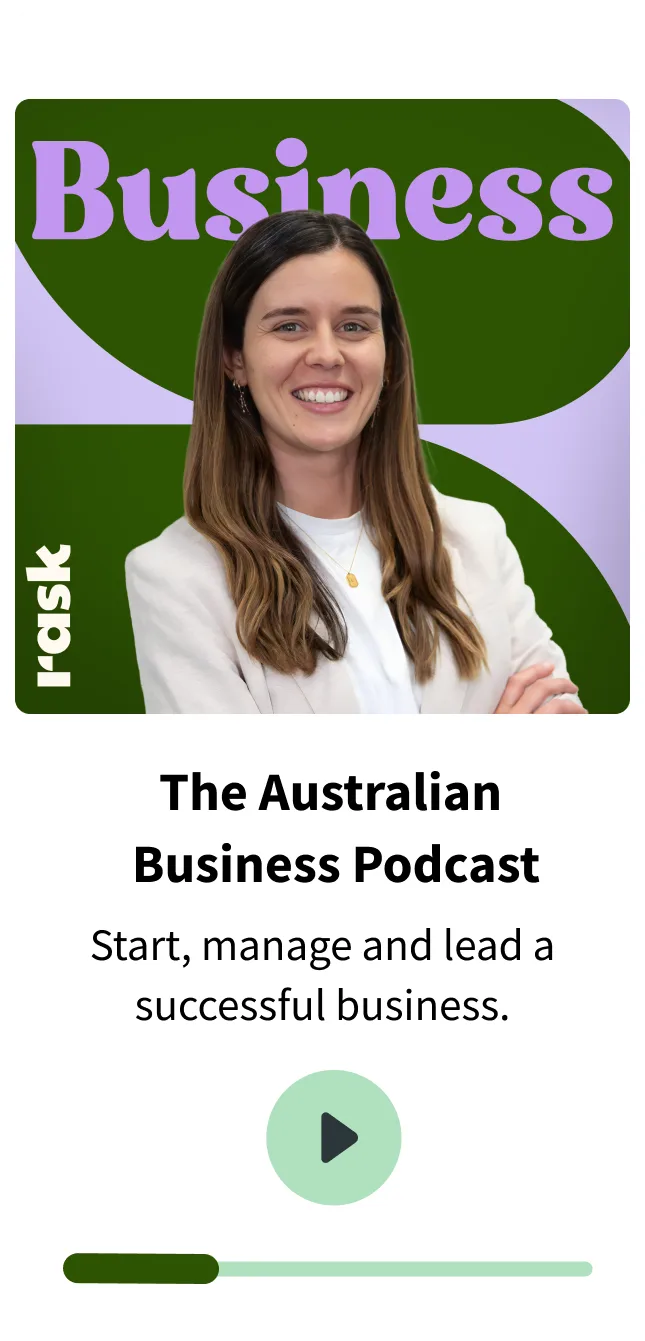

 Free online business community – Inflection
Free online business community – Inflection  Grey Space Advisory – snag a $100 health check
Grey Space Advisory – snag a $100 health check Rask – Get Owen’s best investing research
Rask – Get Owen’s best investing research